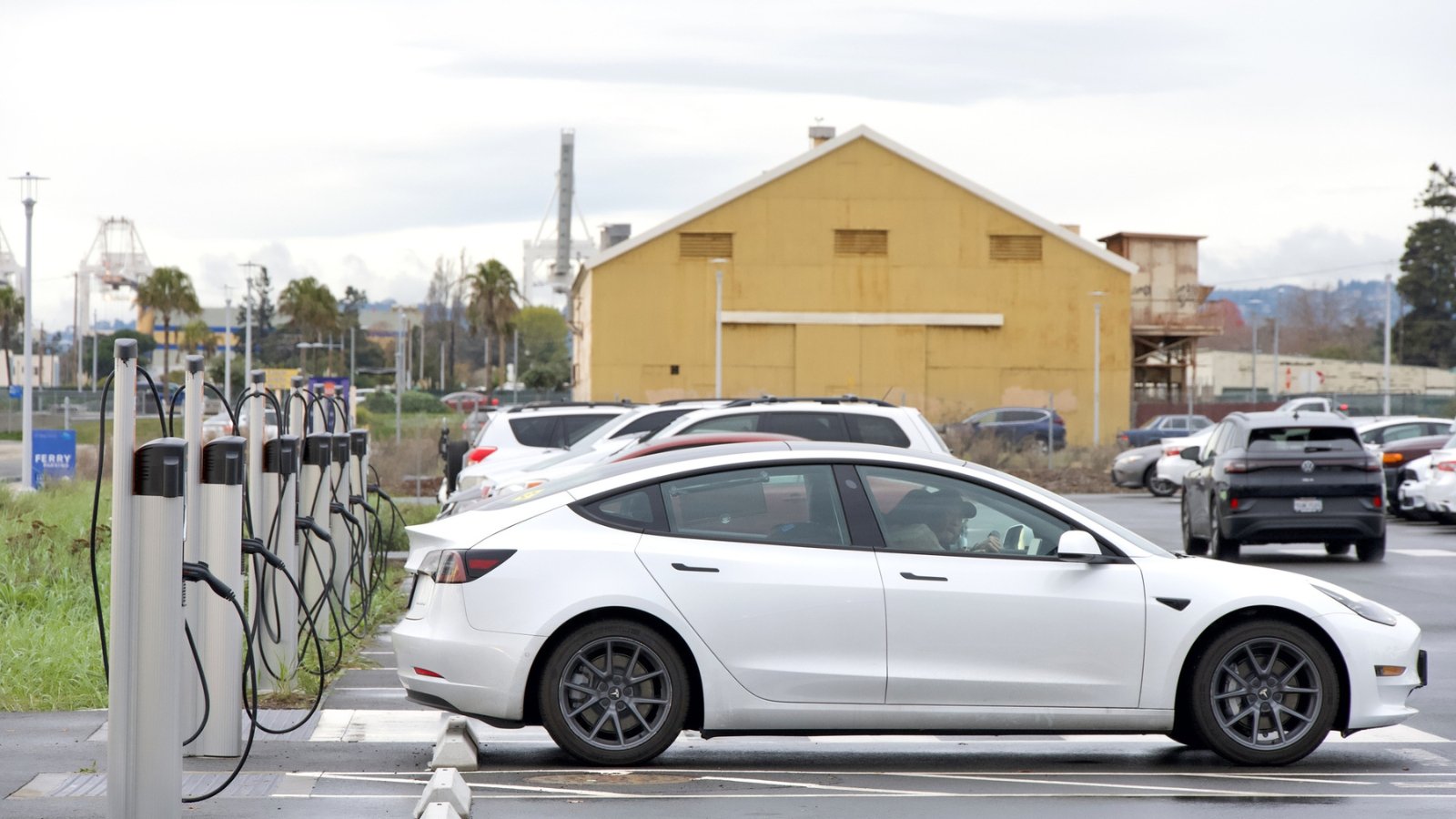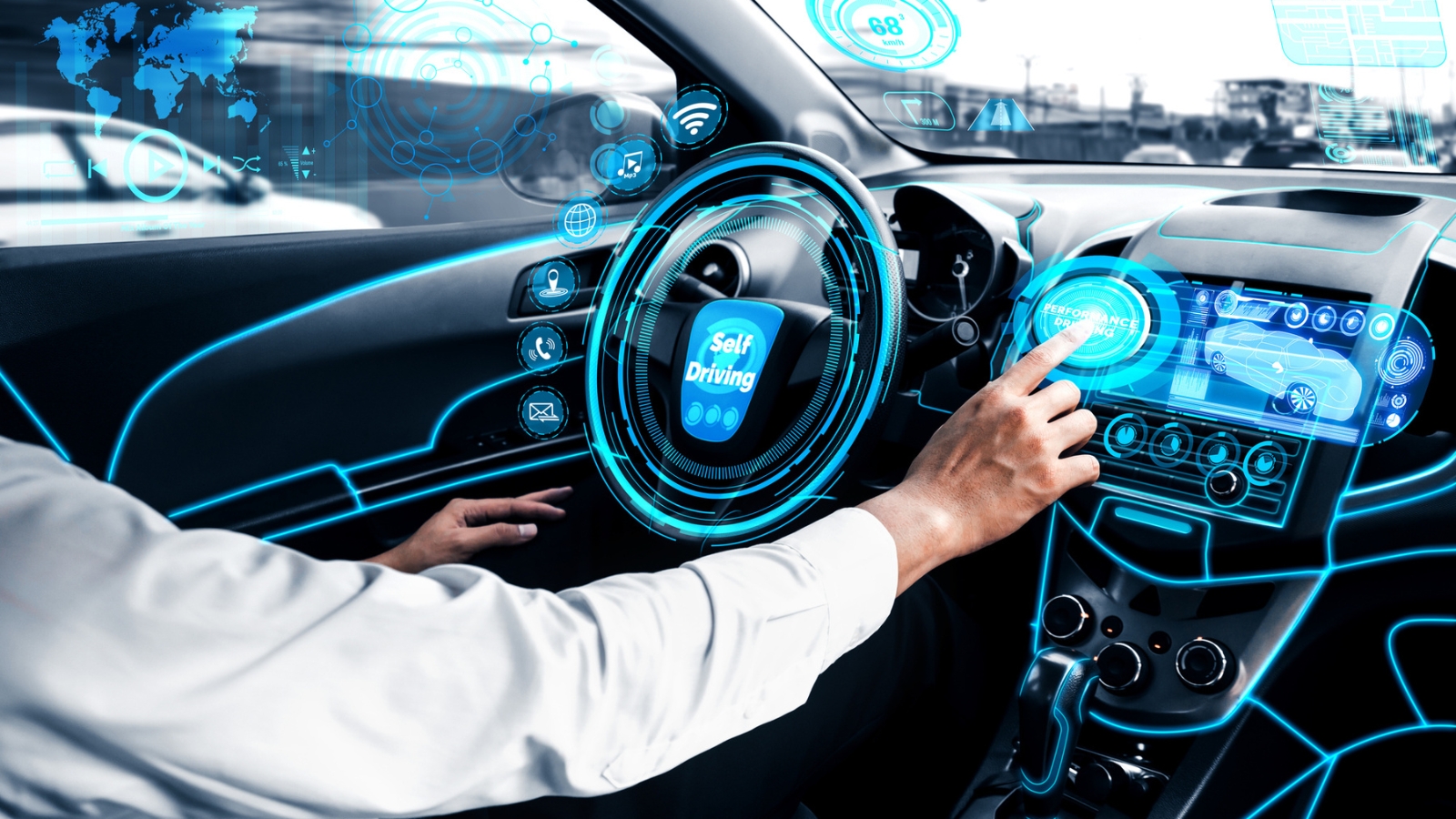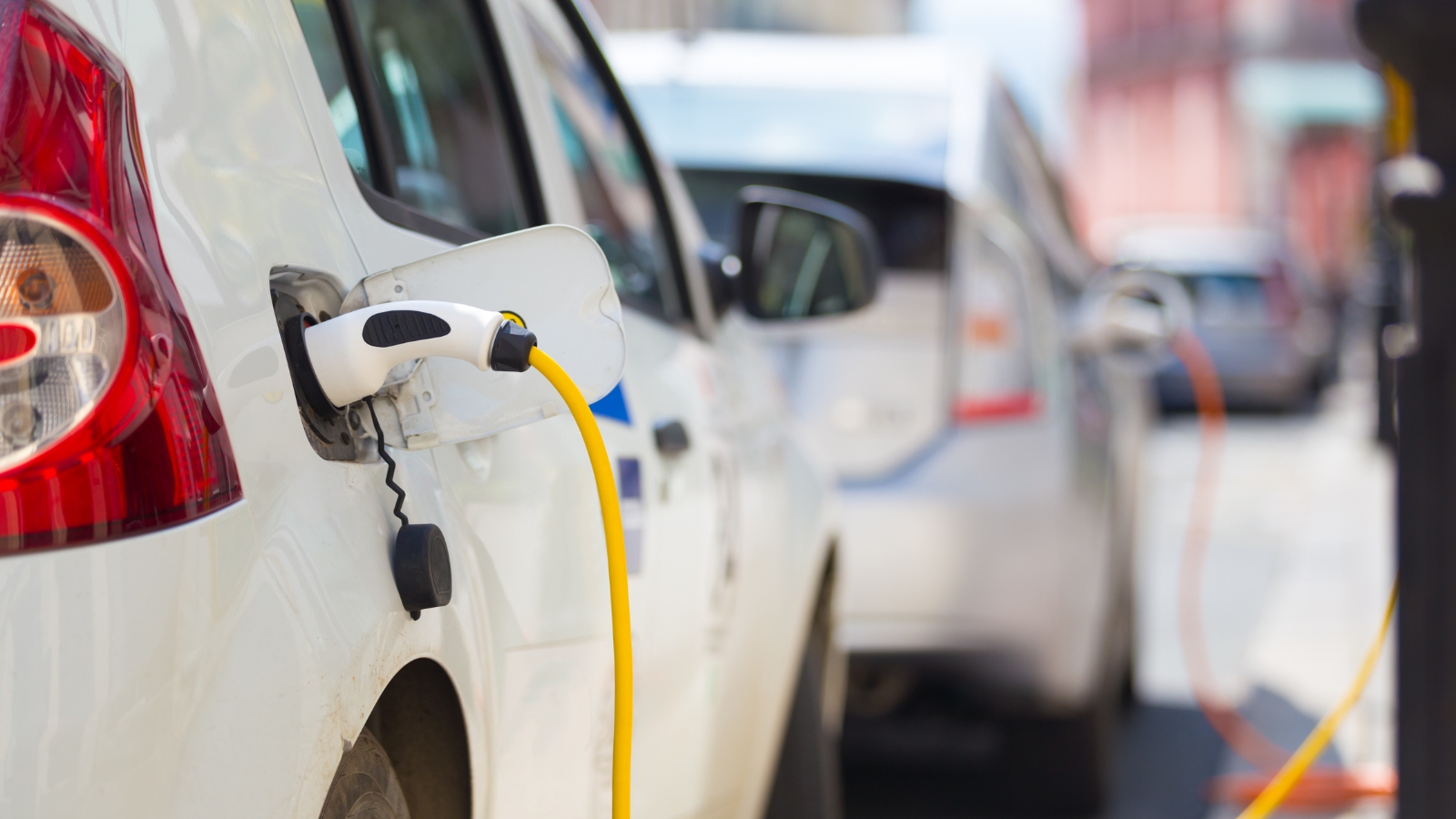During the first day of the New York International Auto Show, a group of climate activists took a bold stance opposing electric vehicles (EVs), disrupting the event by pouring oil on vehicles and the show floor.
The protest, orchestrated by a climate change activist group based in the U.K. called Extinction Rebellion, aimed to draw attention to the environmental impact of car production, regardless of whether the vehicles are powered by gasoline or electricity.

Sporting t-shirts that said “No EVs on a Dead Planet,” the activists poured oil on a Ford F-150 Lightning and the stage it was on.
Amidst their demonstration, they shouted slogans like “hit the emergency brake!”
The core message from Extinction Rebellion challenges the notion that transitioning to electric vehicles alone can address the climate crisis.
Read More: Moscow Concert Hall Attack Reveals Putin’s Grip on Russia Is Faltering

The group believes that manufacturing EV’s has a worse carbon footprint than traditional cars.
They argue that the broader issue of car production contributes significantly to environmental degradation beyond the matter of fuel consumption.
The protest underscores a critique not of individual car enthusiasts or those reliant on vehicles due to infrastructure constraints but rather of the industry’s push towards electric vehicles as a panacea for climate change.

Also Read: MyPillow’s Downward Spiral Continues, Faces Warehouse Eviction Over More Than $200,000 Unpaid Rent
The activists seek to highlight that the continued mass production of cars, regardless of their propulsion technology, exacerbates the threat of climate change.
Following the incident, the protesters were detained and removed from the show.
As of yet, the New York Police Department has not released specific details regarding the incident, and representatives from the New York Auto Show have not provided comments.

This event marks a significant moment of contention within the automotive industry, as environmental regulations evolve and industry stakeholders respond to the shifting landscape.
With debates around the environmental implications of electric vehicles intensifying, the path forward in automotive innovation and climate action remains a contentious and complex issue.
Read Next: Dutch National Darts Players Quit, Protest Transgender Teammate


 Tags:
Tags:










